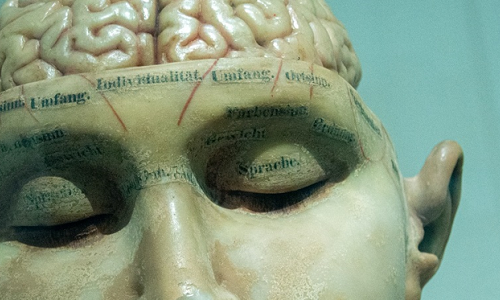Leading Western Australian Medical Research Institute, Ear Science Institute Australia is well underway with HearCog, a ground-breaking, two-year study of hearing loss and dementia.
Tackling a global health priority, the study is investigating whether hearing aids can delay or arrest cognitive decline. Many studies globally have shown the links between hearing loss and cognitive decline and a landmark report in The Lancet Commission for Dementia showed that addressing hearing loss was a priority for tackling dementia. However, to date no definitive studies have proven that treating hearing loss will change the trajectory of cognition.
Dr Dona Jayakody, Audiologist and Research Lead for the Cognition and Hearing Loss Project at Ear Science Institute Australia developed the trial concept in 2015 when she began researching the link between cognition and hearing loss.
Dr Jayakody was interested in finding out whether cognitive impairment/dementia could be delayed or arrested by treating hearing loss. Current data suggests hearing loss accounts for 8% of the modifiable risk factors of all cases of dementia.
HearCog is a randomised, controlled 24-month clinical trial investigating whether the correction of hearing loss using hearing aids could decrease the 12-month rate of cognitive decline among older adults at risk of dementia. 180 older adults with hearing loss and mild cognitive impairment were recruited to undertake the study.
Although the research results are yet to be finalised, several important issues have emerged during the recruitment phase, and as the study commenced. Participants reported the significant impact that their hearing loss has on loneliness, social isolation, communication challenges and quality of life. Several reported suicidal ideations at the thought of developing dementia.
Many things have emerged from this study that weren’t expected, such as participants wanting to improve their hearing health but having no one to go home to hear with or learn from.”
The trial also explores the cost-effectiveness of the intervention as well as the impact of hearing aids on anxiety, depression, physical health, and quality of life.
The HearCog trial has several unique aspects setting it apart from any other previous studies of its kind. Only participants at risk of dementia were selected to be included. Cognitive assessment suitable for the hearing impaired are being used and data logging information is being used to track the number of hours that participants are using their hearing aids.
Hearing loss is the second highest cause of disability in the world, affecting 1.5 billion people with 90% of cases being due to age-related hearing loss. Currently, more than 50 million people are living with dementia, an alarmingly growing figure, which is said to triple by 2050. Projections suggest that the total number of people living with dementia could be reduced by 13% if the onset of symptoms could be delayed by two years or more. A result such as this would not only benefit a huge number of individuals, but significantly reduce the ever-growing financial burden of dementia on our health system.

